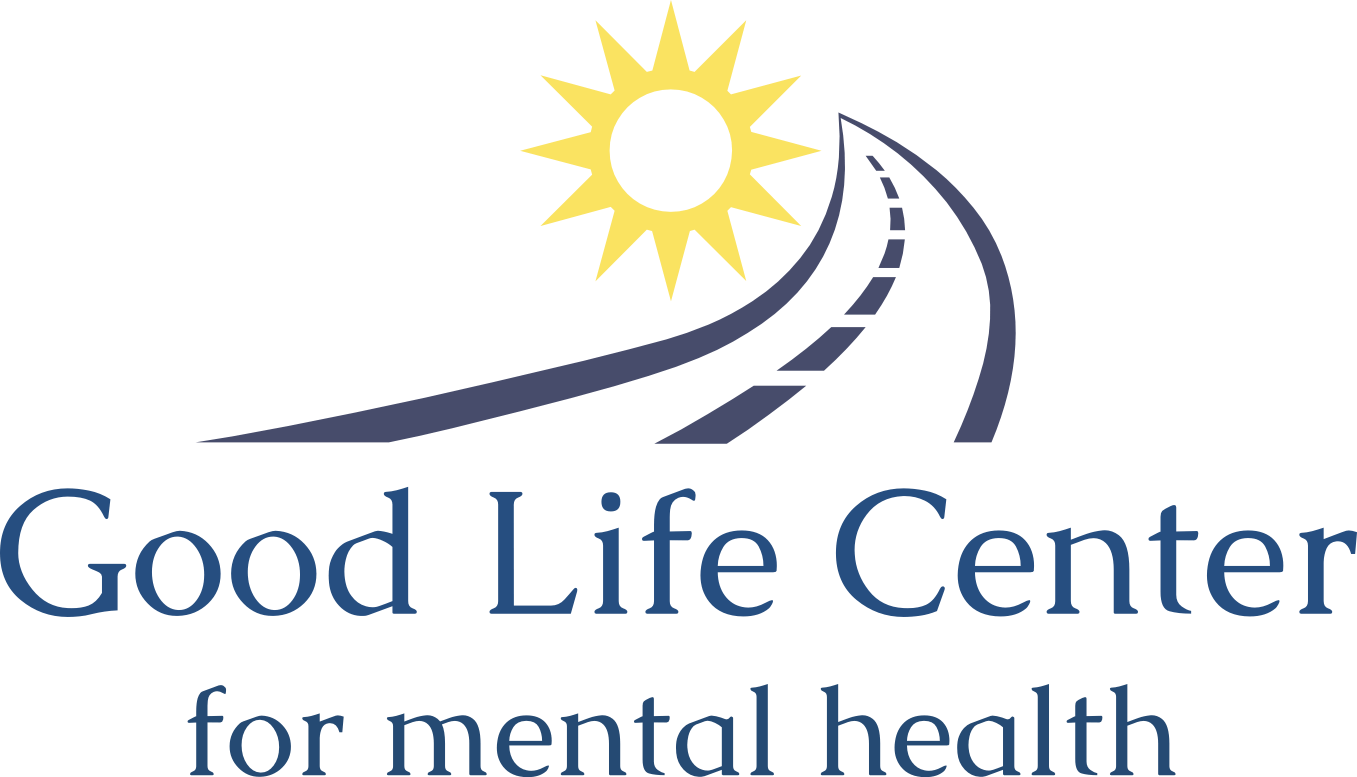
The Power of Vulnerability
We live in a society that rewards those with courage and valor. We are taught from a young age that it’s good to face our fears, for doing so is often the catalyst for powerful and lasting change. And yet, how many of us allow…


